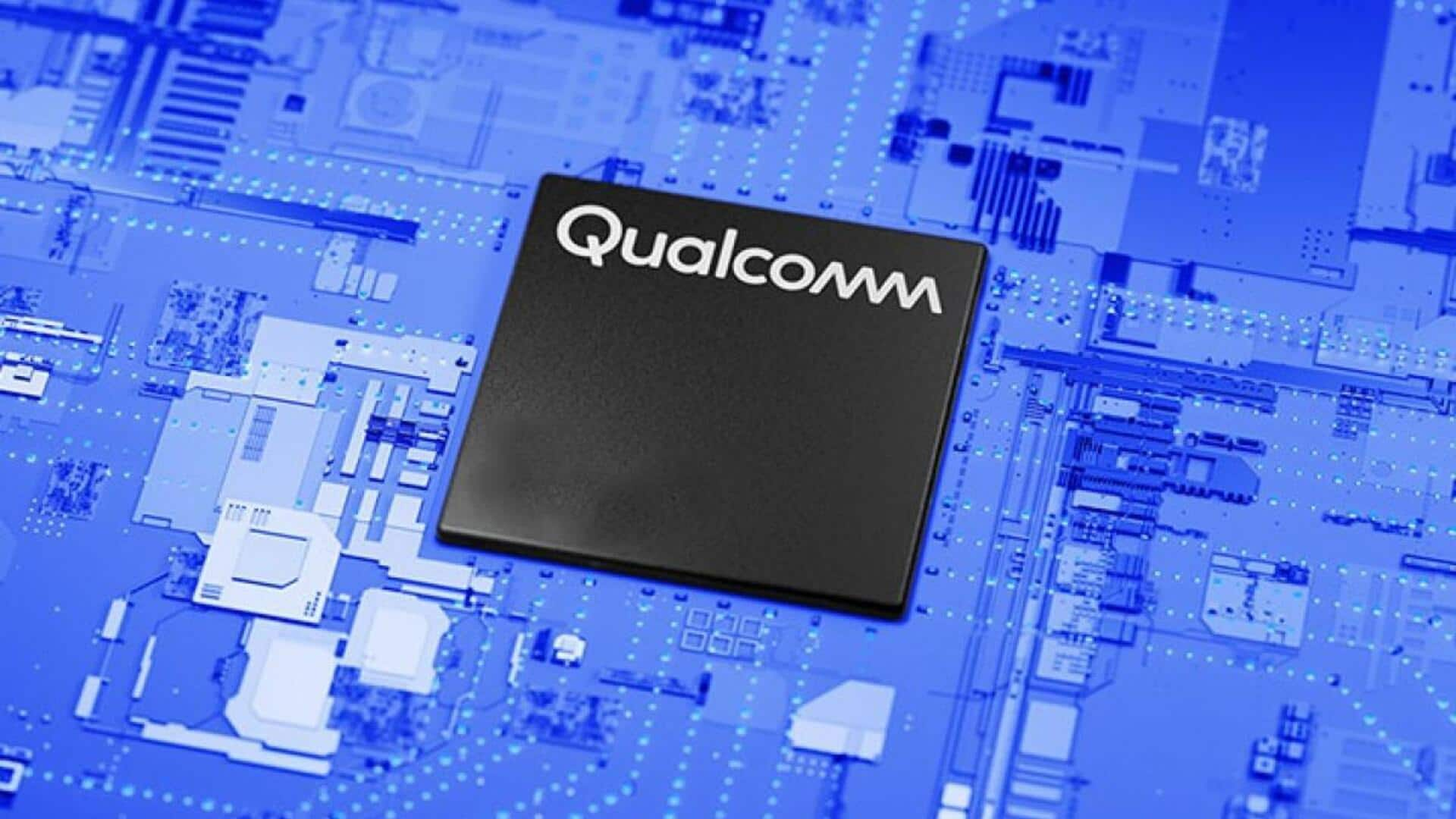
Qualcomm will now make its automotive modules in India
What's the story
Qualcomm is localizing its automotive module production in India. The firm's Group General Manager for Automotive, Industrial and Embedded IoT, Nakul Duggal, confirmed this to PTI. He said Qualcomm is investing heavily in the country to support local automotive companies. "We build a lot of modules. Those modules are typically built in Taiwan or China or Korea," Duggal said.
Manufacturing shift
Supporting Tier-1 ecosystem partners
Duggal emphasized Qualcomm's commitment to supporting its Tier 1 ecosystem partners as they shift their manufacturing to India. He said, "We are now actively working in India to localize this." This move is part of Qualcomm's broader strategy to create opportunities within its supply chain and direct manufacturing processes more efficiently.
Local presence
Qualcomm's workforce in India
Qualcomm employs around 22,000 people in India, making up about 60% of its global workforce. The company also has a dedicated local team to support domestic car manufacturers. This strong presence underlines Qualcomm's commitment to the Indian market and its automotive sector.
Strategic alliances
Partnerships with Indian car manufacturers
Qualcomm has partnered with all major car OEMs in India, including Tata Motors, Mahindra, Maruti Suzuki, and Hyundai. The company provides chipsets for modernizing cars through its Snapdragon Elite chipset platform. This platform supports telematics, infotainment systems, as well as driver assistance technologies such as Advanced Driver Assistance Systems (ADAS).
Chips
Snapdragon Cockpit and Ride SoCs
Duggal revealed that by 2026, there could be a dozen vehicles using its Snapdragon Cockpit Elite and Snapdragon Ride Elite SoC (System on Chip). These were announced in October 2024 and delivered to customers early this year.
Financial goals
Doubling automotive business revenue by 2029
Qualcomm's automotive segment contributes to about 10% of its global revenue, which is between $3.6 billion and $3.8 billion. The company aims to double its total automotive business revenue to around $8 billion by 2029. Duggal emphasized the importance of building products for local customers rather than global ones, saying this would give it a competitive edge in the market.